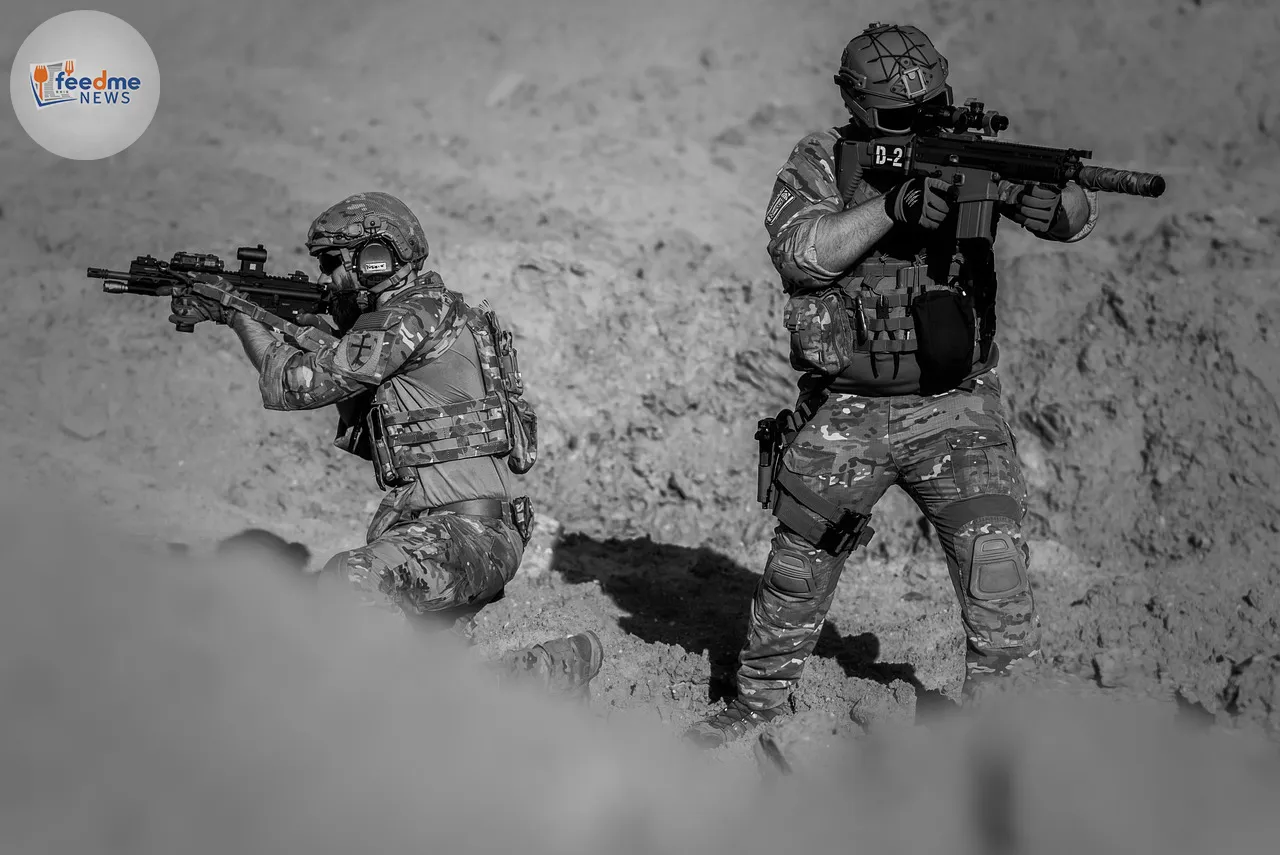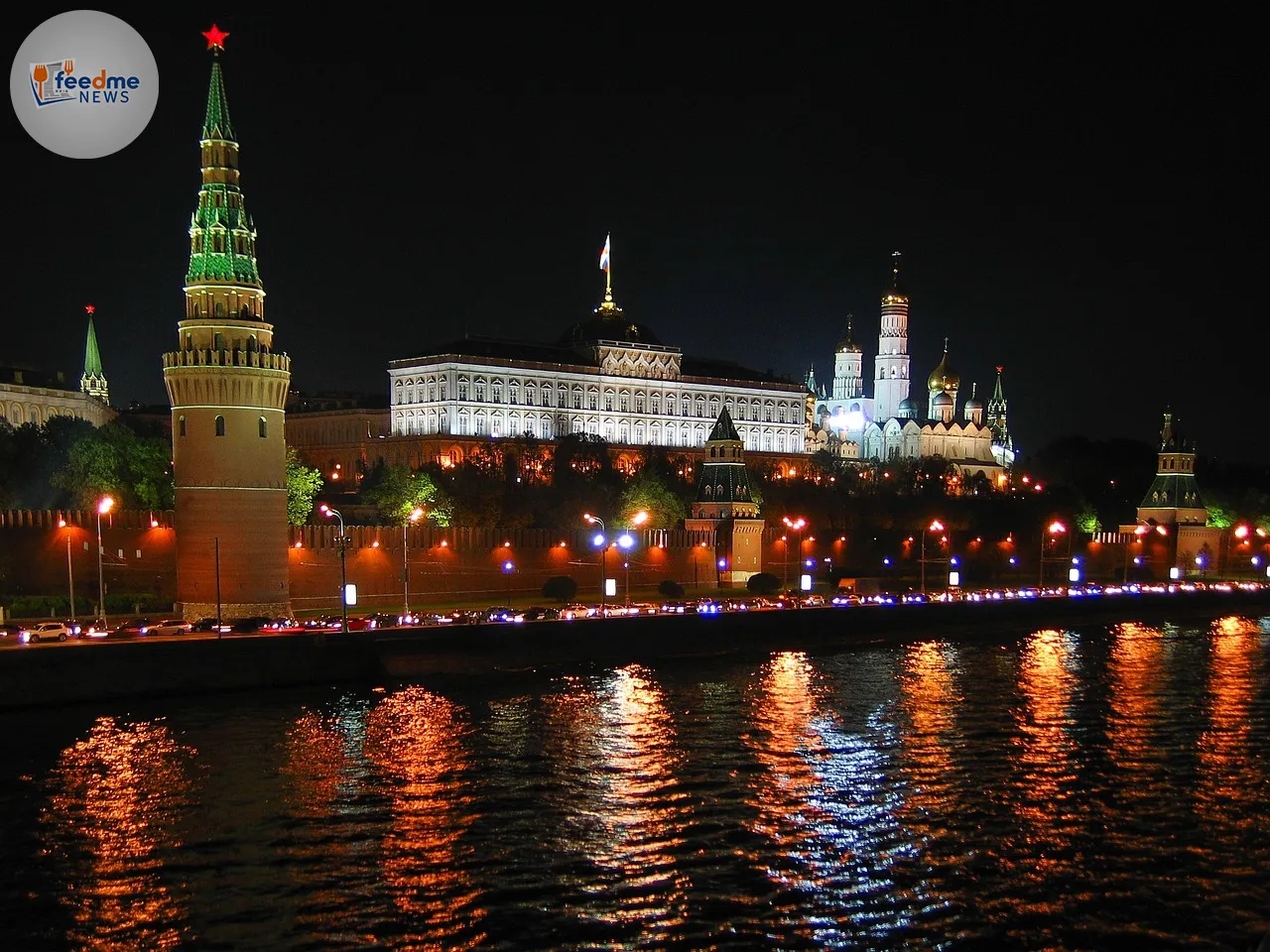Arab nations are intensifying diplomatic efforts to broker a ceasefire between Israel and Hamas, as the recent resurgence of violence in Gaza has resulted in over 500 Palestinian casualties. Egypt and Qatar, key mediators in the region, are leading the calls for an immediate halt to hostilities, amid growing international concern over the humanitarian crisis.
Renewed Conflict Sparks Urgent Mediation Efforts
The latest flare-up in Gaza began earlier this week, with Israeli airstrikes targeting what they described as militant positions in response to rocket attacks from the Hamas-controlled territory. The violence has quickly escalated, prompting Egypt and Qatar to launch intensive diplomatic efforts aimed at restoring calm. These nations have a history of mediating past conflicts in the region and are now urgently working to bring both parties to the negotiating table.
Egyptian Foreign Minister Sameh Shoukry and Qatar’s Foreign Minister Mohammed bin Abdulrahman Al Thani have been in continuous talks with Israeli and Palestinian officials. “We are calling for an immediate cessation of hostilities and a return to dialogue,” stated Shoukry in a press briefing. Both countries are leveraging their regional influence to facilitate discussions, hoping to avert further loss of life.

Gaza’s Humanitarian Situation Worsens
The ongoing conflict has exacerbated the already dire humanitarian conditions in Gaza. Health officials report that the death toll among Palestinians has surpassed 500, with thousands more injured. The Israeli Defence Forces (IDF) claim their operations target militant infrastructure; however, civilian areas have also been severely impacted.
Medical facilities in Gaza are struggling to cope with the influx of casualties. Dr. Mahmoud Al-Kahlout, a senior physician at Al-Shifa Hospital, expressed grave concerns: “Our resources are stretched thin. We are in urgent need of medical supplies and international support.” The situation has drawn widespread condemnation from human rights organisations, calling for immediate international intervention to protect civilians.
International Community Calls for Restraint
Global leaders and organisations have voiced their alarm over the escalating violence. The United Nations Secretary-General, António Guterres, released a statement urging both sides to exercise maximum restraint and prioritise civilian safety. “The cycle of violence must end. We need a sustainable peace solution that addresses the root causes of the conflict,” Guterres stated.
In Europe, the European Union issued a similar call for de-escalation, emphasising the importance of protecting civilians and ensuring humanitarian access. EU Foreign Policy Chief Josep Borrell reiterated the bloc’s support for a two-state solution as the only viable path to enduring peace in the region.
Historical Mediation Efforts and Challenges
Egypt and Qatar’s involvement in mediation is not new. Both countries have played significant roles in previous ceasefire agreements, leveraging their unique positions within the Arab world to facilitate dialogue. However, the path to a lasting peace has historically been fraught with challenges. Political differences, mutual distrust, and periodic escalations have often derailed past efforts.
Despite these obstacles, experts believe that continued diplomatic engagement remains crucial. Dr. Hanan Ashrawi, a Palestinian political analyst, highlighted the importance of sustained international pressure: “Mediation is only effective if backed by a strong international consensus. The global community must hold all parties accountable and push for genuine negotiations.”
Prospects for Peace and Stability
As the situation in Gaza remains volatile, the prospects for a lasting ceasefire hinge on the willingness of both parties to compromise and the effectiveness of international mediation efforts. The immediate priority for mediators is to secure a truce that halts the current violence and provides a platform for more comprehensive peace talks.
Looking forward, the international community’s role will be pivotal in supporting a peace process that addresses longstanding issues such as borders, security, and the rights of Palestinian refugees. The path to peace is undoubtedly complex, but with concerted diplomatic efforts and international support, a resolution remains within reach.
In the face of mounting casualties and humanitarian needs, the urgency of reaching an agreement cannot be overstated. As mediators continue their efforts, the world watches closely, hoping for a breakthrough that could bring relief to the beleaguered people of Gaza and pave the way for lasting peace in the region.





